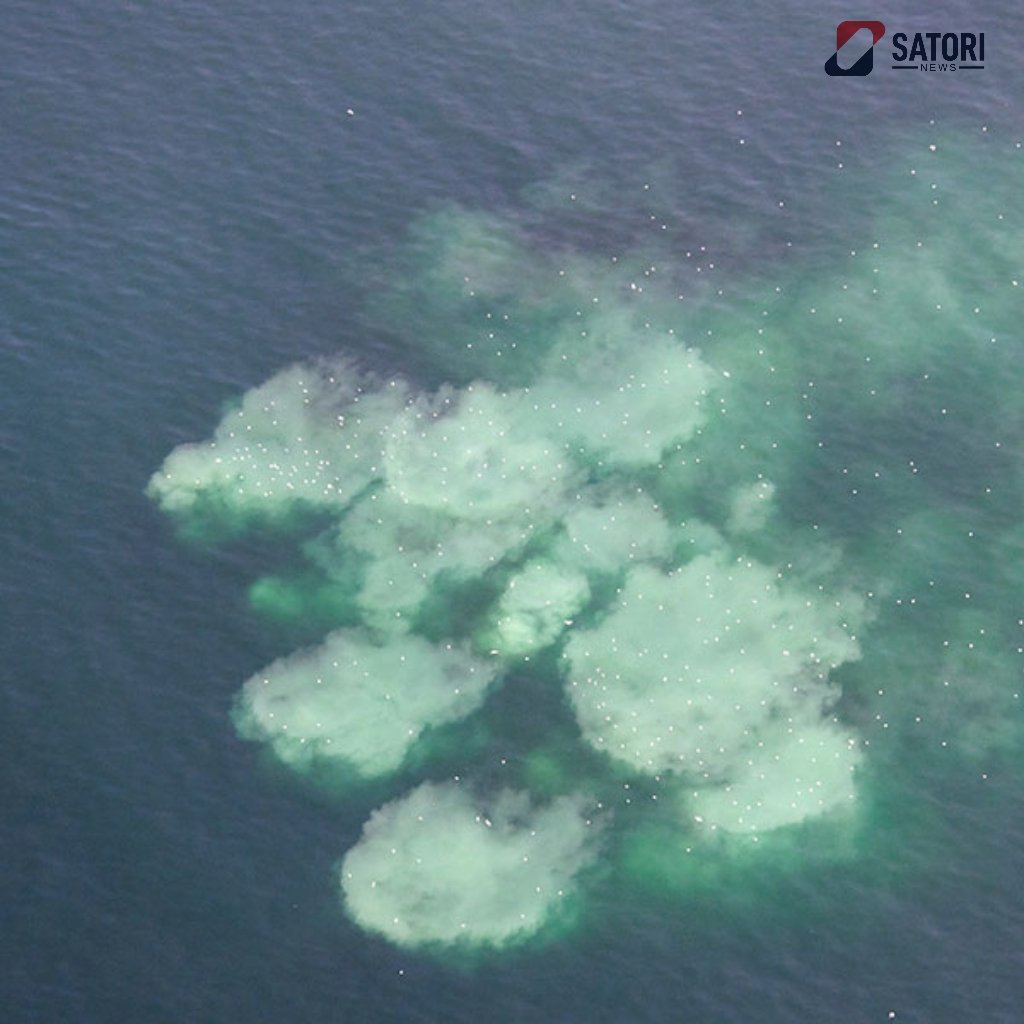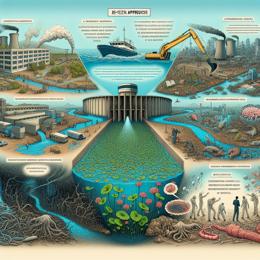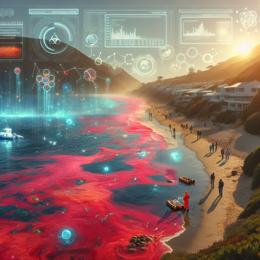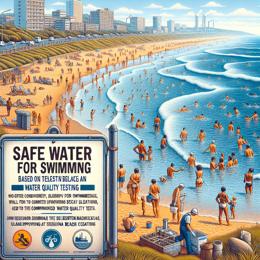Picture: for illustration purposes
Alarm Bells Ring Over Severe Bacterial Contamination in Green Point Waters
Heightened concerns have surfaced regarding the quality of the marine environment in Green Point, Cape Town, as independent seawater testing reports alarming levels of bacterial contamination. Findings by the non-profit company RethinkTheStink suggest that the water quality poses significant health risks to water-based recreational activities.
RethinkTheStink, a vocal advocate for better waste management practices in marine environments, has raised the alarm after their testing uncovered Enterococci levels reaching a staggering 6,870 colony-forming units (cfu) per 100 millilitres in Green Point - a figure that vastly exceeds the acceptable standard of 100 cfu/100ml. This has far-reaching implications, placing individuals who come into contact with this water — including divers, surfers, and swimmers — at serious health risks.
The issue is compounded by reports that despite the enticing Cape Town weather and the clarity of waters elsewhere, a sewage plume was noticeably present in afflicted areas. Not only was this plume visible on the surface, but it also contained discernible particulate matter, indicative of raw sewage discharge.
Green Point's Marine Outfall, which pumps an astonishing 50 million litres of raw sewage daily into the ocean, shares the contentious spotlight with similar discharges in Camps Bay and Hout Bay. Such practices are not only dire for the immediate marine life but jeopardize Marine Protected Areas, which are designed to preserve biological diversity.
The untreated sewage, bereft of proper chemical treatment, releases pharmaceutical compounds into the marine ecosystem. These range from antibiotics to anti-inflammatories, leaving detectable remains in various marine organisms, including the local penguin population. The long-term toxicological effects on growth and reproductive health of marine life remain a grim reminder of inadequate waste management practices.
Amidst growing public concern and activism, the city is nearing its public participation deadline for addressing the future of three marine outfall sites. An informational meeting has been organized at Camps Bay High School, particularly timely as ActionSA, a South African political party, has lodged criminal charges against the City of Cape Town for the persistent operation of these contentious marine outfall sites.
The expert panel at the meeting includes Dr. Jo Barnes, a stalwart in epidemiology from Stellenbosch University, Dr. Cleeve Robertson of the NSRI, Professor Leslie Petrik from the University of the Western Cape, and other prominent figures in marine conservation and environmental activism. They are expected to shed light on the repercussive effects of marine outfalls on both the environment and public health.
The revelation from RethinkTheStink has amplified the urgent call for intervention and improved sewage treatment methods. It's a pivotal moment for Cape Town residents to advocate for better environmental policies and to hold city management accountable for the ongoing contamination of their coastal waters.






